‘UK would have prosecuted’ Sydney hate speech clerics, says constitutional law expert
Sydney clerics giving anti-Semitic hate speech sermons would have ‘fallen foul’ of British legislation and been prosecuted in UK courts, a leading constitutional law expert has said.
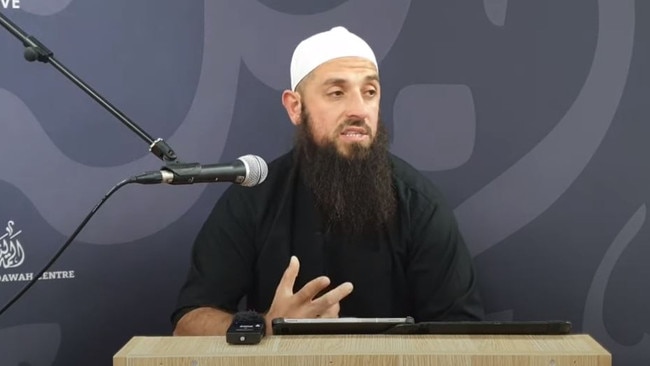
Sydney clerics giving anti-Semitic hate speech sermons would have “fallen foul” of British laws and been prosecuted in UK courts, a leading constitutional law expert says.
The Australian National University’s visiting constitutional law professor, Matt Qvortrup, said UK hate speech legislation would have allowed British police to haul the clerics in front of the courts, and likely in France and Germany.
It comes amid inaction on southwest Sydney clerics who called Jews “descendants of pigs and monkeys” and “monsters”, and urged people to spit on Israel so “Jews would drown”.
“If these preachers were to have said these things in a church or mosque in the UK, if the sermons were held there rather than Australia, they would have fallen foul of the law,” Professor Qvortrup said.
Police were forced to drop inquiries into the sermons, saying the comments had not breached the criminality threshold, forcing the Executive Council of Australian Jewry to take legal action against the clerics.
“The government could copy and paste British legislation,” said Professor Qvortrup, adding the provisions “take the glory” in prosecuting against hate speech. “And these (sermons) would be prosecuted.”
The UK’s legislation against hate speech is enclosed in the Public Order Act under Section 4A, and outlaws threatening, abusive or insulting words or behaviour.
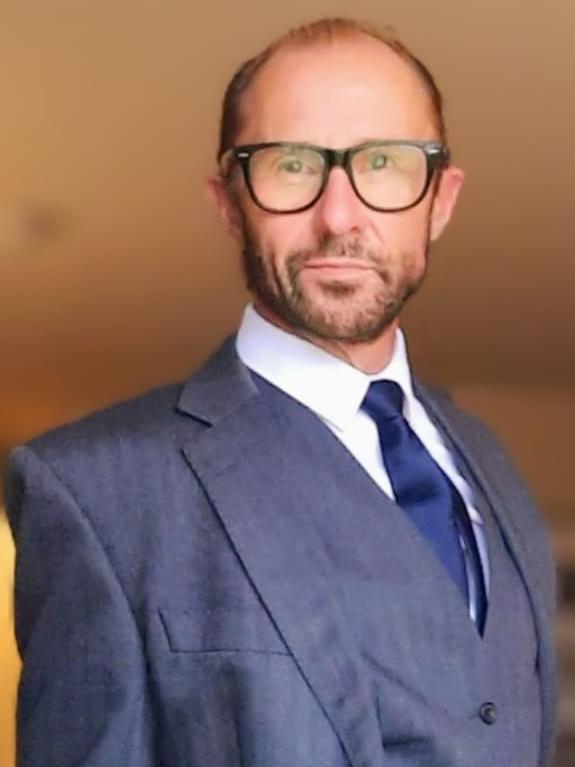
The Act includes further provisions for when an offence under section 4A is racially or religiously aggravated, which would come with a more severe penalty, up to two years’ imprisonment – introduced by the Crime and Disorder Act 1998. Another clause outlaws inciting hatred based on race or religion.
In 2010, Harry Taylor was found guilty of offences under section 4A for leaving anti-religious cartoons in a prayer room. He was given a six-month suspended sentence.
The clerics would also likely have been prosecuted in France and Germany.
In January, soccer player Youcef Atal was convicted in France for inciting religious hatred and handed an eight-month suspended sentence for sharing an Instagram video of preacher Mahmoud al-Hasanat, who prayed to God to “bring Jews a dark day”.
He was fined €45,000 and ordered to pay for details of his conviction to be published in newspaper Le Monde.
Professor Qvortrup said that German legislation was “hard line against hate speech”, which makes inciting hatred on racial or religious grounds, and insulting or maliciously maligning people, punishable by up to five years imprisonment.
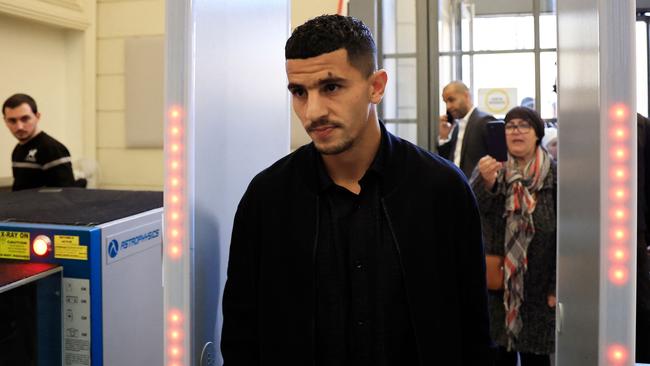
Professor Qvortrup’s comments come as NSW Premier Chris Minns gave his strongest indication yet that he could strengthen hate speech laws. “I’m not ruling out changes, especially if current laws mean that people are able to sow seeds of division in our communities,” he said.
In November, the government amended section 93Z of the crimes act, which outlaws incitements of violence on the basis of race and religion, removing the requirement for police to seek charge approval from the Director of Public Prosecutions.
NSW Jewish Board of Deputies president David Ossip said legislation had failed to deter hate speech and he was “grateful” the government was open to reform.
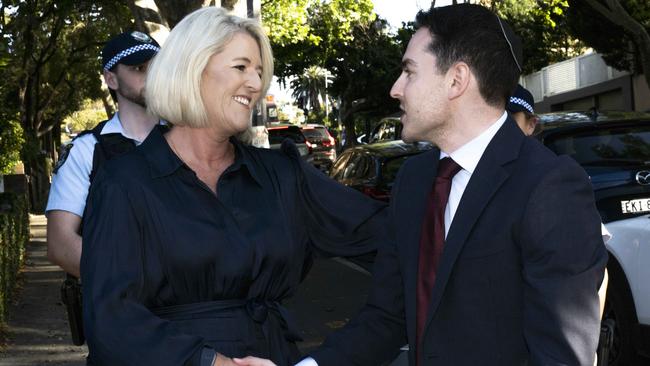
“As a society, we cannot tolerate a situation where hate preachers are allowed to poison the minds of their adherents with hateful vilification of another group of Australians,” he said. “Hate speech against one group is a threat to society as a whole – undermining social cohesion.
“The experience of other jurisdictions could provide a template for NSW to follow, to ensure that individuals aren’t able to publicly declare other groups to be subhuman and wish for harm to befall them.”
The government’s 93Z amendment was reworded in the Upper House to clarify that only police officers or the DPP could lay charges.
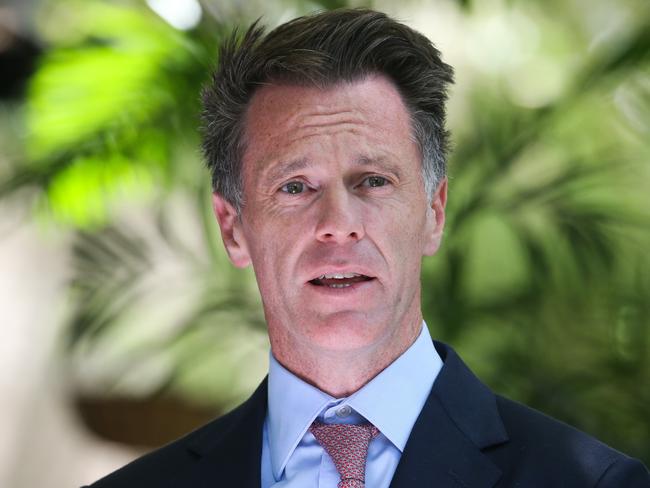
Liberal MLC Susan Carter had also, unsuccessfully, sought to refer the amendments to a committee, saying the question was “too important” and the legislation “brought on so quickly”.
Opposition legal affairs spokesman Alister Henskens accused the Premier of a “backflip”.
“We thought there was a bigger issue than just who instigates charges,” he said.
“Faith groups agreed, everyone said it’s important we take a further look.
“Now the Premier’s saying lets take a look. What’s changed?”


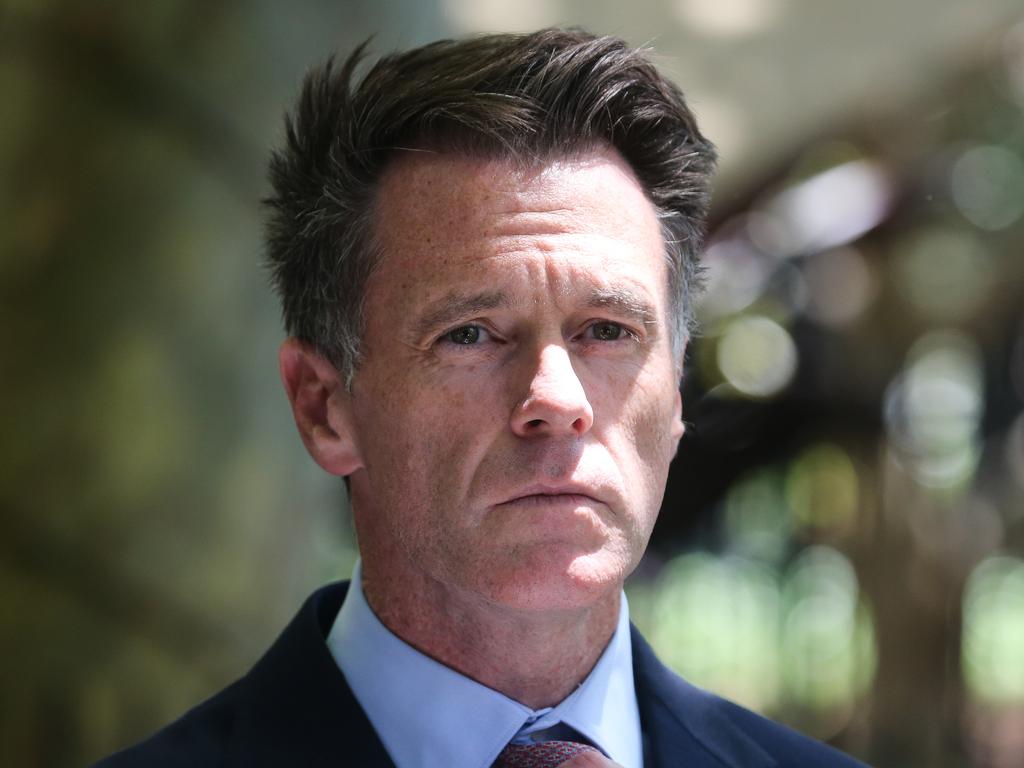
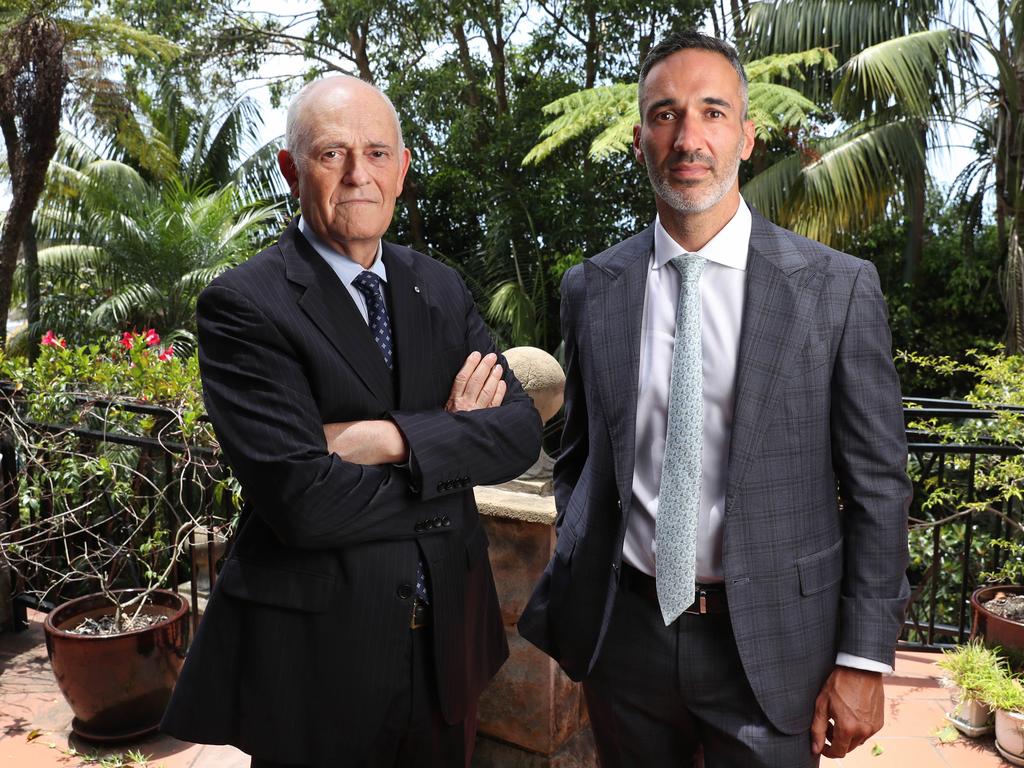




To join the conversation, please log in. Don't have an account? Register
Join the conversation, you are commenting as Logout